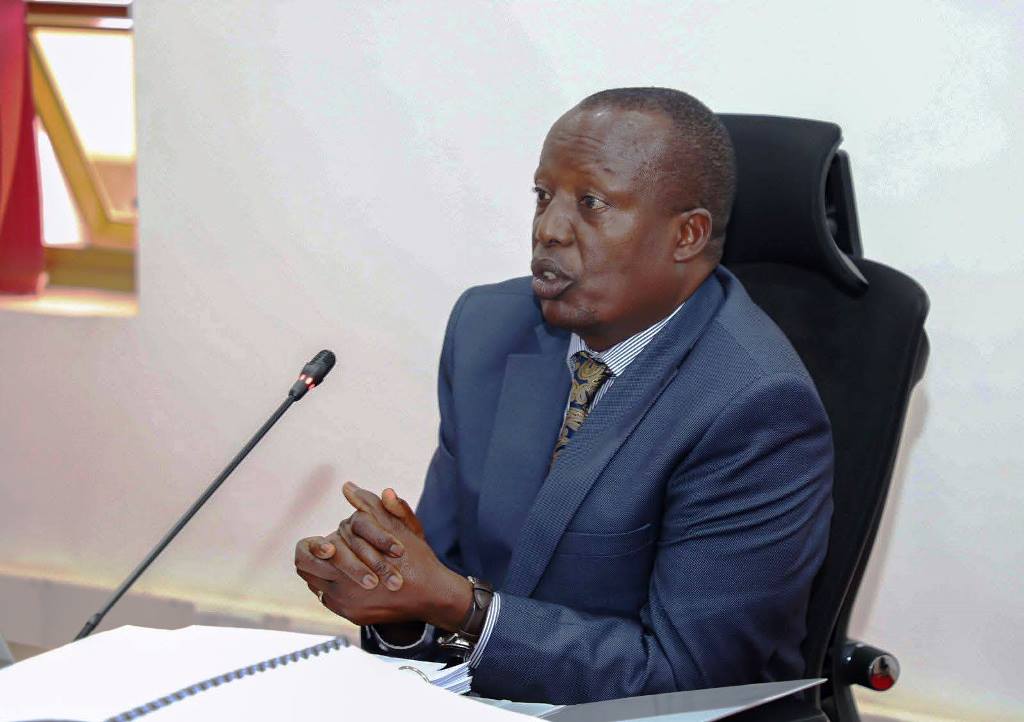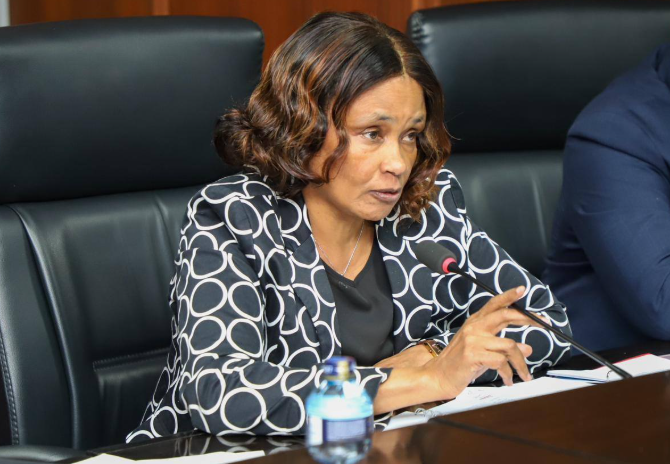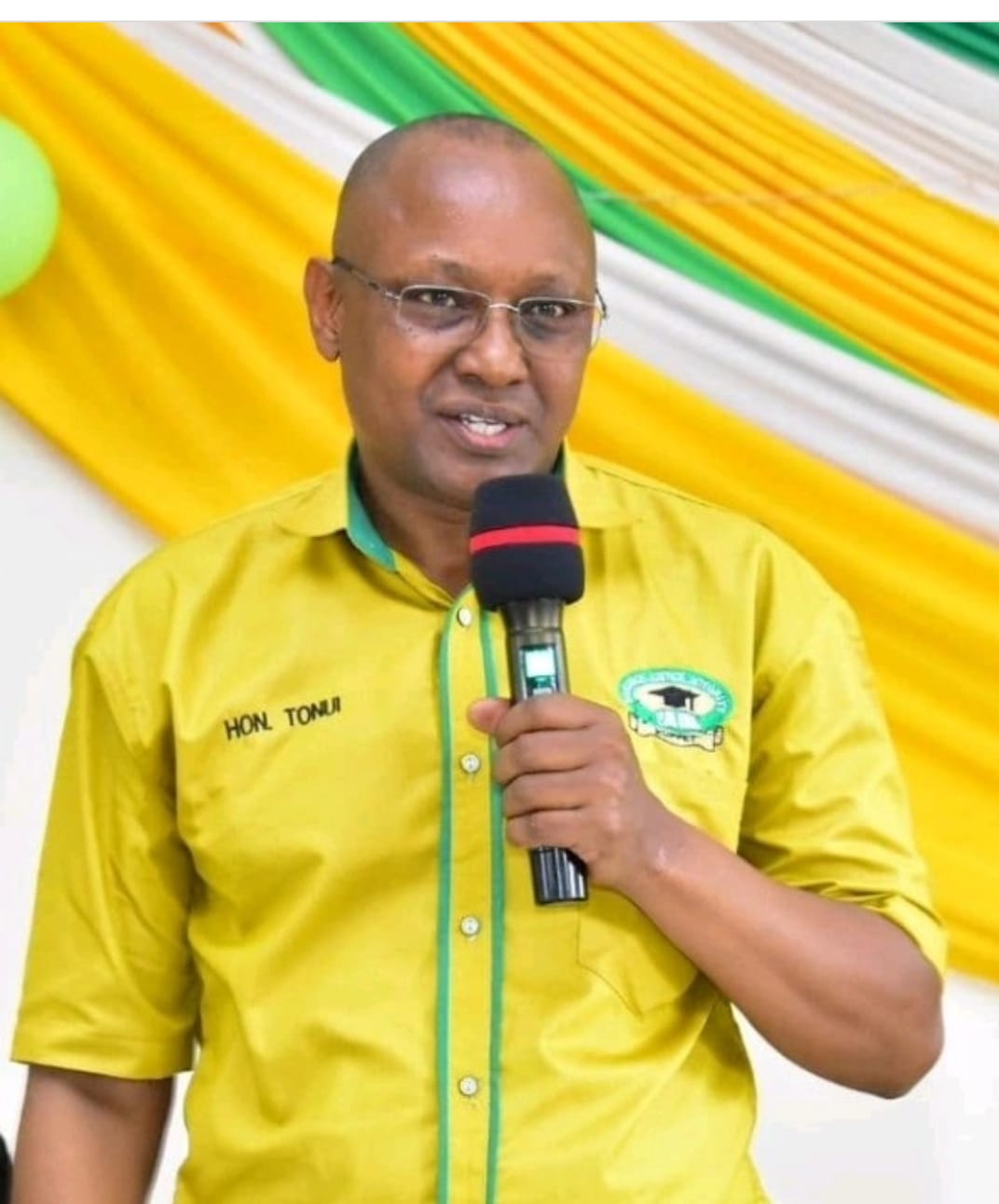By Staff Reporter
The Government has released approximately Sh. 11.2 billion to enhance Free Primary and subsidized Secondary education programmes.
According to the National Treasury, the cash is meant to enable schools pay non-teaching staff, suppliers and meet other costs.
The funds are also meant to enable schools prepare adequately for reopening in January 2021 as well as keep them afloat.
Out of this, Sh 3.2 billion will go towards free primary education while Sh. 8 billion will be spent on subsided secondary education.
The capitation, which has been released to school accounts, will be received with joy to thousands of non-teaching staff who have gone for months without pay.
Notable is the plight of teachers employed by the Board of Management (BOM) has made headlines following the closure of the schools and lack of funds.
With the reopening of schools pushed to January 2021, as Covid-19 cases rise, the fate of the teachers has been hanging in the balance with school heads saying that they do not have funds to pay them.
While meeting Covid-19 education stakeholders at the Kenya Institute of Curriculum Development (KICD) late July, Education Cabinet Secretary George Magoha promised the Government will release the funds to pay the non-teaching staff.
During the 2020/2021, the Government allocated Sh14.5b to free primary education and Sh32b to subsidized secondary education.
Mid July, Kenya Secondary Schools Heads Association (KESHA) National Chairman Kahi Indimuli requested for the release of second and third terms funds.
Even with the closure of schools with a possible reopening pushed to January 2021, Indimuli argued that some costs are compulsory hence the need to send the money to the schools.
Some of the costs that have to meet even in the absence of learners include water and electricity bills as well maintaining security within the school compound.
With the need to contain the spread of Corona virus, learning institutions are expected to implement number of guidelines to ensure minimal spread of the infection.
Subsequently, schools would be required to have equip themselves with running water, soap and disinfectant to ensure learners wash their hands as regularly as possible.
Besides, the social distancing will require additional classrooms, dormitories and laboratories hence the need for infrastructural funds.






